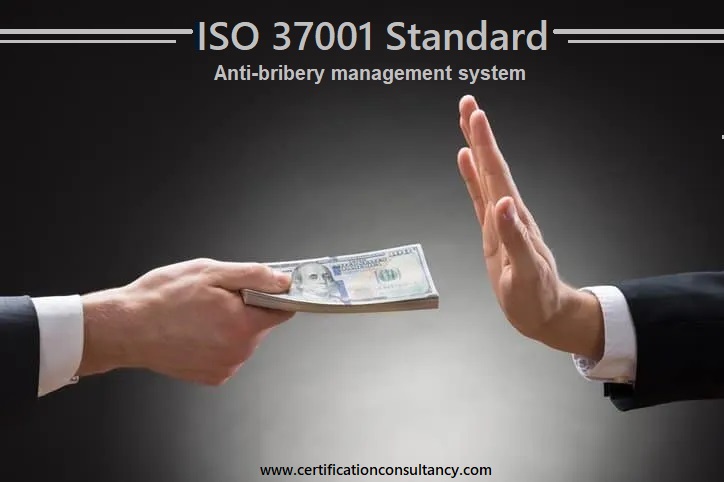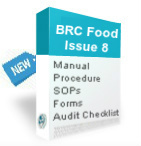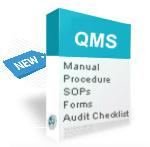A global standard called ISO 37001 was created to assist organizations in controlling and reducing the risk of bribery. However, because of its criteria, costs, and structure, development assistance organizations are rarely interested in obtaining accreditation or completely implementing it. Despite this, the standard can act as a model and a roadmap for development projects and relief organizations in certain crucial sectors. When it comes to managing the risks associated with corruption and bribery, organizations might find great value in the global standard ISO 37001. Development aid organizations, however, have not demonstrated much interest in ISO 37001 accreditation thus far. Furthermore, no donor organization has managed its corruption risk management (CRM) procedures using the standard. Although ISO 37001 certification is more frequently linked to corporations and businesses, educational institutions can also gain advantages from it. Here’s how to do it:
- Improved Reputation: Obtaining ISO 37001 certification is indicative of a dedication to moral behaviour and openness. An educational institution’s reputation may be improved in this way, increasing its appeal to potential partners, teachers, and students. It demonstrates the organization’s commitment to upholding strict moral principles.
- Risk Management: A methodical approach for recognizing, evaluating, and reducing the risk of bribery is offered by ISO 37001. Educational institutions can lessen the possibility of bribery-related occurrences, which can have negative effects on their reputation, finances, and legal standing.
- Legal Obedience: Educational institutions can better comply with anti-bribery laws and regulations in their home countries by adhering to the ISO 37001 standard. This might be especially crucial for organizations that have relationships or activities abroad because bribery rules differ greatly between countries.
- Enhanced Governance: Organizations must set up explicit ISO 37001 documents like anti-bribery policies, processes, and controls by ISO 37001. This may result in better governance in educational establishments, guaranteeing ethical and transparent decision-making procedures.
- Efficiency and Effectiveness: The standard promotes the simplification of bribery prevention procedures. While resources are concentrated on essential instructional activities rather than addressing bribery-related issues, this can result in greater operational efficiency and effectiveness.
- Competitive Advantage: An institution may stand out in a crowded educational field with ISO 37001 certification. It can make a significant difference for students in picking their study locations and collaborating with other organizations.
- International Collaboration: International research projects, student exchanges, and collaborations are common among educational institutions. By assuring foreign partners that the organization follows anti-bribery best practices, ABMS certification can promote cooperation and trust.
- Stakeholder Confidence: There may be worries in the community at large, among funders, parents, and students, and over the moral behaviour of schools. The institution’s commitment to ethical behaviour can be reassured to these stakeholders by the ISO 37001 certification.
- Continuous Improvement: The continuous improvement culture is promoted by ISO 37001. To keep up with changing dangers and legislative changes, educational institutions can evaluate and update their anti-bribery policies and practices regularly. Understand the requirements for managing anti-bribery.
- Reduced Liability: If there is a bribery occurrence, ISO 37001 may lessen the institution’s legal liability. An institution may have more legal leverage if it can show that it took reasonable steps to prevent bribery.
In conclusion, educational institutions can gain a great deal from ABMS certification, including greater governance, risk management, reputation management, and legal compliance. Additionally, it can support increased stakeholder confidence, efficiency, and competitiveness—all of which are beneficial for the education sector and that’s the reason why education organizations are required to implement ISO 37001 ABMS Standard.









